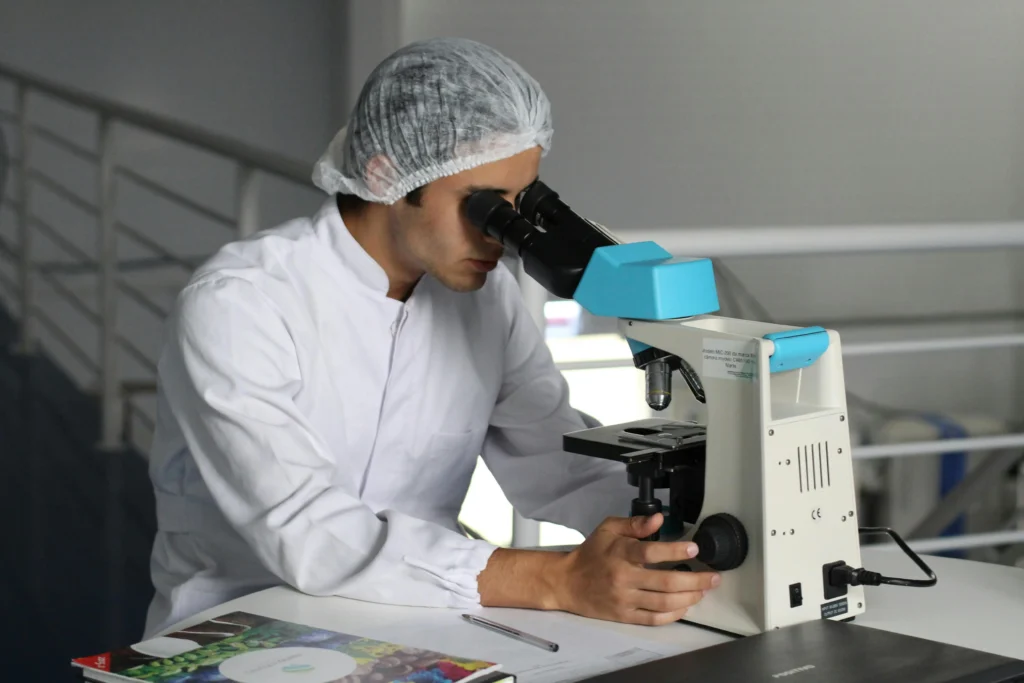Welcome to FAAN Lab
Subheadline: A brief, supporting text that complements the main headline, providing additional context or enticing details.
About Faan Lab
Lorem ipsum dolor sit amet, consectetur adipiscing elit. Duis quis lacus sagittis, commodo erat id, condimentum nisi. Sed ac lacus id erat dignissim maximus id eu turpis. Suspendisse potenti. Cras faucibus ornare nulla eget viverra. Nunc mattis ipsum ac lectus commodo, non semper mi cursus. Nullam ut massa elementum, lacinia tortor sit amet, egestas quam. Vivamus quis congue dui, quis finibus ante. Phasellus tristique felis a mollis mattis. Nullam eget gravida urna. Aliquam tincidunt, dolor nec consectetur condimentum, leo eros lacinia risus, ac ornare est dui ut lacus. Nunc mauris sapien, egestas vitae tincidunt ac, ultrices a risus. Curabitur consequat augue magna, at auctor magna placerat ac. Nam in nulla non nisi tempus blandit.
Ferry Anggoro Ardy Nugroho, Ph.D.
Principal Investigator
Dr. James Peterson is an ecologist specializing in ecosystem dynamics and conservation biology. With extensive fieldwork experience in diverse habitats, Dr. Peterson has made significant contributions to understanding the impacts of climate change on biodiversity. He collaborates with international conservation organizations to develop strategies for preserving endangered species.

Latest News
CancerResearch
Microbiology
Symposium
Lab Hosts International Symposium on Genetic Adaptation to Climate Change
Our lab recently hosted an international symposium on genetic adaptation to climate change, bringing together leading scientists from around the world to discuss the latest research in this critical area. The event featured keynote presentations, panel discussions, and poster sessions, covering topics such as plant adaptation in alpine environments, genetic diversity in endangered species, and the role of epigenetics in climate resilience. The symposium was a resounding success, fostering collaboration and knowledge exchange among participants and highlighting the importance of genetic research in addressing the challenges of climate change.
CancerResearch
CoralReef
Funding
Microbiology
Lab Expands Research into Extreme Environments with New Partnership
We are excited to announce a new partnership with the International Space Science Institute to expand our research into microbial life in extreme environments. This collaboration will focus on studying the unique microbial communities found in deep-sea hydrothermal vents and their potential analogs in extraterrestrial environments. The partnership will bring together expertise from both institutions and provide access to cutting-edge technology and research facilities. This initiative marks a new chapter in our lab’s exploration of the limits of life on Earth and beyond.
CancerResearch
RNA
Lab Publishes Groundbreaking Study on RNA Splicing in Cancer
Our lab has made a significant breakthrough in cancer research with the publication of a new study on RNA splicing in cancer cells. Published in the prestigious Journal of Molecular Oncology, the study uncovers key splicing events that drive tumor growth and highlights potential therapeutic targets. This groundbreaking research has the potential to open new avenues for cancer treatment, and we are proud to contribute to the global effort to combat this devastating disease. The full article is now available online.
CoralReef
Funding
Lab Receives Major Grant for Coral Reef Conservation Research
We are thrilled to announce that our lab has been awarded a major grant from the Global Marine Conservation Foundation to support our ongoing research on coral reef conservation. The grant will fund a comprehensive study aimed at assessing the impact of climate change on coral reef ecosystems and developing strategies for their preservation. This funding represents a significant milestone for our lab and reinforces our commitment to protecting marine biodiversity. The project is set to commence next month, with fieldwork scheduled in key coral reef regions around the world.



